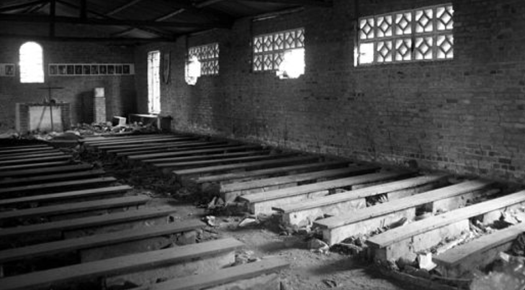
In Nairobi, Kenya, there is a move to close over 700 churches in the capital city for the safety, noise, hygiene, and other alleged concerns described by the President, Paul Kagame.
In reality, many consider this a way to trample on religious freedom. On March 6, the police detained six pastors with the charge of “conspiring to rally other clergy in defiance of the government’s shutdown orders.”
After he ordered the closures, the Chief Executive of the Rwanda Governance Board, Anastase Shyaka, said this was about ‘honoring God’.
“It means that if we are Christians, where we worship must meet standards showing respect for God,” Shyaka explained, “It means that if we are Christians, where we worship must meet standards showing respect for God.”
Of the 714 shutdown church sites, most were Pentecostal churches such as the ones that have multiplied throughout the continent of Africa for decades. The Lutheran Bishop Evariste Bugabo argues that the closure did not target any particular denomination.
In Kigali, the capital of Rwanda, there are more than 1,300 churches servicing the 1.2 million people there.
“Are these boreholes that give people water?” Kagame asked, “I don’t think we have as many boreholes. Do we even have as many factories? This has been a mess.” One Rwandan international development advocate from Canada, David Himbara, said the official reasons for the closures are bogus because fear and paranoia mount to the real reasons.
David Himbara, a Rwandan international development advocate based in Canada, called the government’s justification for the closures bogus and said the “real reason … is fear and paranoia.”
“Kagame tightly controls the media, political parties, and civil society at large,” Himbara said, “The churches constituted the last open space. Kagame knows this. The localized community of churches offered a slight space for daring to imagine and talk about change.”
Photo Credits: Religion News
